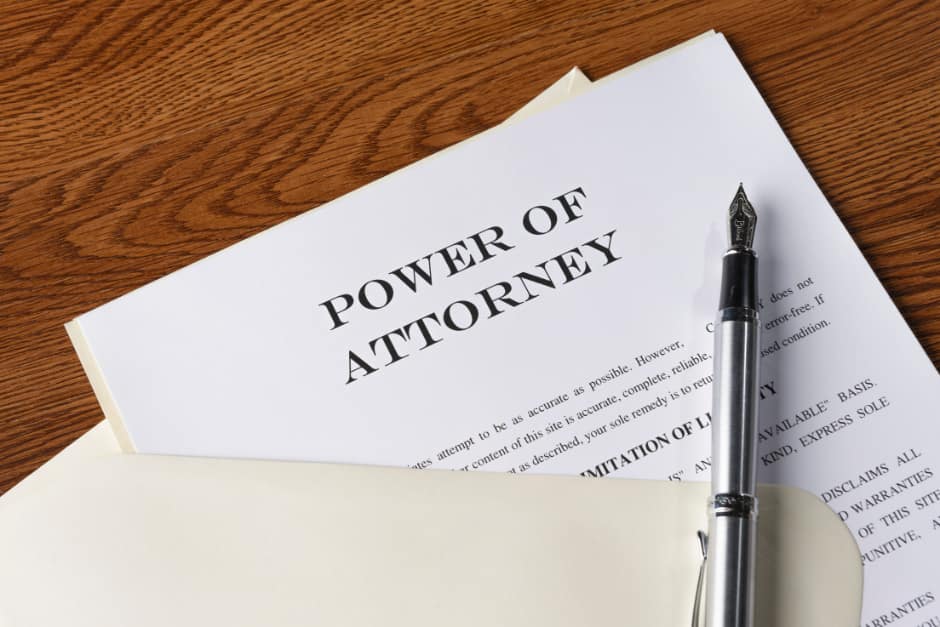Who are the legal heirs of a deceased person in USA?
Depending on the laws of each state, the heirs of a deceased person may include a surviving spouse, children (including half-siblings), and descendants of parents. In some states, the heirs of a deceased parent may include stepchildren (children who were legally adopted by the deceased’s spouse at the time of their death).
The term “heirs” can be confusing because there are many types of people who could claim to be heirs of a deceased person. The most common are a surviving spouse, children, and direct descendants.
Spouses and Children
In most states, if a person dies without a will or other estate plan, their surviving spouse will receive their property. Other surviving family members may be listed as heirs under the laws of intestate succession, which order inheritance according to who is closest to the decedent at the time of their death.
Grand Children and Adopted Kids
In most States, if a person dies without having a will or other estate plan, their grandchildren would be the next line of descent for their property. Their adoptive parents are also listed as heirs under most States’ laws.
Heirs’ Property
A person who dies with no will or other estate plan (called dying “intestate”) usually has their estate divided by the laws of the state where they lived at the time of their death. This means that a surviving spouse will get a larger portion of their heirs’ property than their children or other descendants.
Heirs’ Property can include a large amount of land that was passed through generations without formal ownership records. This can cause problems when the heirs’ property is used for farming or other purposes that require proof of ownership of the land.
Another problem with heirs’ property is that it can be hard to track down all of the owners of the inherited land. This can lead to conflicts and the potential loss of a person’s land.
Fortunately, most states have partition laws that allow heirs’ property to be divided into shares that can then be sold or transferred. These laws can help a family come to agreement on the property and prevent disputes over how it should be used.
However, even with these protections, a heirs’ property owner with cloudy title still faces serious difficulties with using their property. They often cannot access government programs that require proof of ownership, including USDA loans or FEMA disaster recovery and relief assistance.
Other Issues with Heirs’ Property
In the United States, a large part of real estate is owned by heirs’ property, which arises when a person dies without any formal process to record their ownership of property. This lack of a probate procedure often continues through multiple generations, and can result in hundreds or thousands of informal owners who never receive formal land titles.





